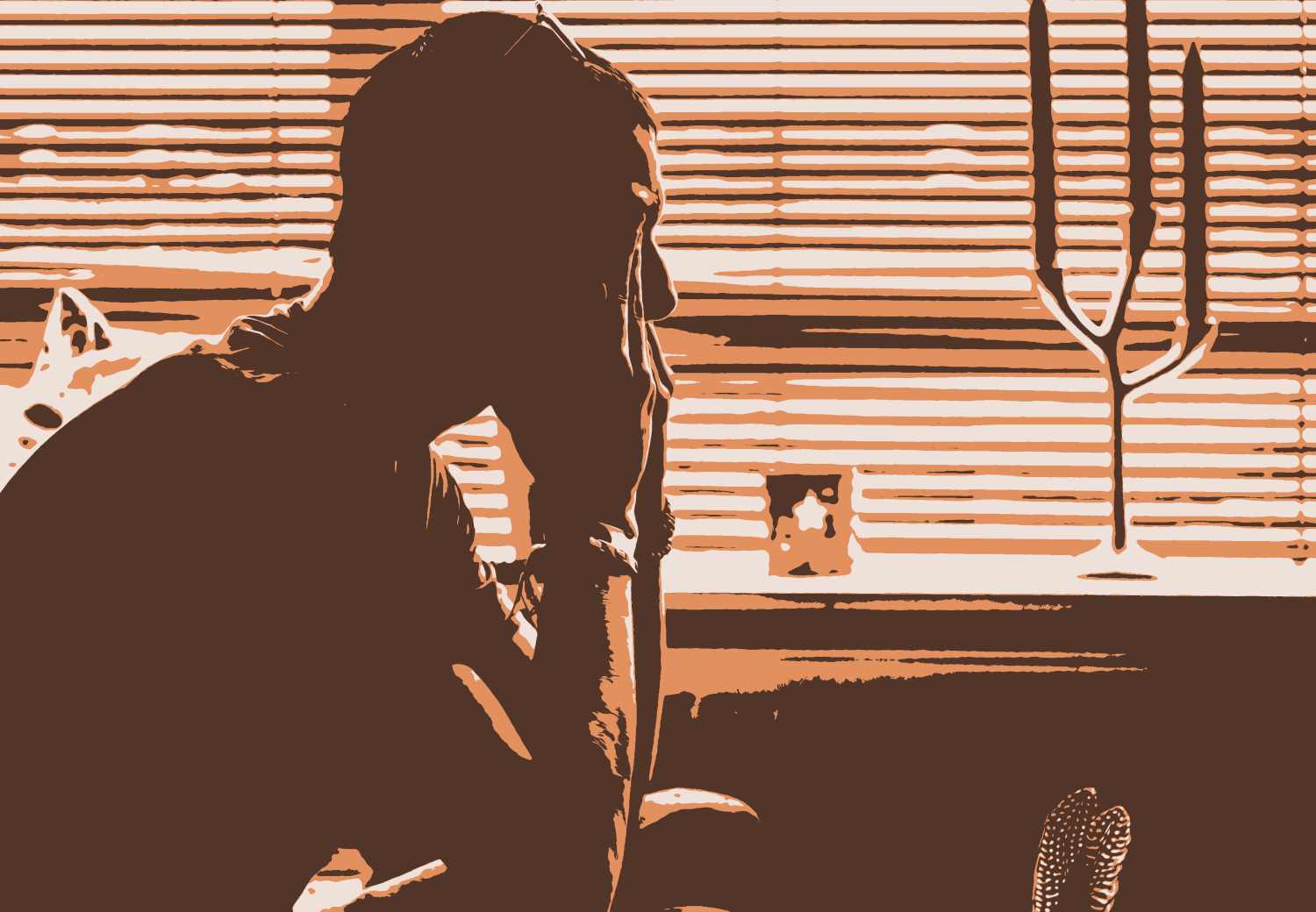Counselling Stories #1 : A Therapist's Experience
A therapist talks about the difference that timely and easy access to counselling would make for all.
We have worked for so long amid the inadequacy of the range of therapeutic provision where patients report on a daily basis their ‘battle’ to access therapy. Having timely access to counselling for patients would be the ultimate in our aspirations.
Working in an environmental culture where approaches to psychological health and well-being are seen as a problem with the individual rather than systemic failures, and where more obstacles are in the way rather than solutions, has put an unnecessary strain not only on individuals and families seeking support but also on professionals across the board - GPs, nurses, social workers, psychiatrists and counsellors.
Timely and easily accessible counselling as well as a joined-up range of appropriate support tailored to patient choice would alleviate strain on all concerned with preventative measures against the prevalence of self-harm and suicide in our society. It would also mitigate against the strain in secondary care and reduce the risk of professional burnout which perhaps goes unnoticed and then adds to the queue for services. Making counselling accessible for anyone in need would therefore enrich the experience of all involved.
We could add a fundamental, systemic transformation in the approach to psychological support.
If, in addition to timely and accessible support, we could add a fundamental, systemic transformation in the approach to psychological support and deliver parity of esteem, this would ensure that person-centred care would be more than aspirational - it would be a reality and patient voices would be heard at last.
It would also address the inadequacy of funding and the current constraints to work with a limited number of sessions when, in a traumatised society with the legacy of the troubles, more time is needed for healing to be realised.
The current systems that are meant to help may actually cause more harm. We are a long way off the mark but change is needed now and it is a possibility if there is a collective will and vision. To work in such an environment would be motivational and inspiring.
Each of the stories in this series was contributed via our ‘counselling stories portal’, available here. If you have personal experience accessing mental health counselling, or of accessing it on behalf of others, in a personal or professional capacity, consider telling us your story.